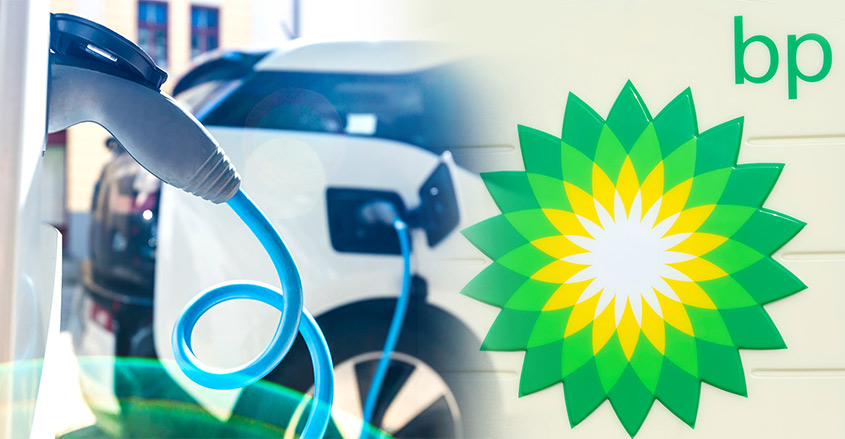Oil giant BP is investing $20 million in Israeli startup tech company StoreDot in a bid to revolutionize electric car batteries.
StoreDot is currently developing rapidly-charging electric batteries with the potential to fully charge in mere minutes.
Tufan Erginbilgic, chief executive of BP’s downstream business, stressed BP’s commitment to innovating electric battery charging. “Ultra-fast charging is at the heart of BP’s electrification strategy,” said Erginbilgic.
“StoreDot’s technology shows real potential for car batteries that can charge in the same time it takes to fill a gas tank,” Erginbilgic added.
StoreDot co-founder and CEO Dr. Doron Myerdorf also notes the significance of the collaboration and its potential to change the future.
“Working closely together with a global energy leader is a significant milestone in StoreDot’s direction of strengthening the EV ultra-fast charging eco-system,” said Myerdorf.
“The combination of BP’s impressive presence and StoreDot’s eco-system of EV partnerships enables faster implementation of ultra-fast charging stations and could allow a better charging experience for drivers.”
The technological collaboration also hopes to accelerate the future manufacturing infrastructure changeover from fossil-fuel cars to electric.
StoreDot’s so-called “flash batteries” are derived by the company’s research in lithium ion battery technology.
The flash battery technology is capturing a lot of industry attention.
Before StoreDot’s announced investment from BP, the company secured a $60 million investment by Daimler in September 2017 based on the same tech.
StoreDot’s flash batteries are powered by organic compound materials and nanotechnology.
Flash batteries utilize a green-friendly electrolyte that remains stabile and operationally viable at high temperatures. This allows an electric vehicle to travel over 300 miles on just a single charge.
The 5-minute charge
Currently, it takes anywhere from half an hour to over half a day to fully charge an electric vehicle.
StoreDot’s flash batteries could fully charge an electric vehicle battery in under 5 minutes, theoretically, about the same time it takes to fill a traditional gas tank.
Ravi Manghani, senior director of energy storage at GTM Research, notes that the flash battery’s material components are the key to its quick-charging capabilities.
Most modern lithium ion batteries are made out of metal oxides. StoreDot’s flash battery would comprise materials made out of polymers.
“This can improve the energy density, as well as allow less reliance on metals such as nickel and cobalt,” said Manghani.
“There are additional safety attributes, which may be important as well.”
StoreDot will beta-test its new flash batteries in smart devices sometime in 2019.
BP’s investment will aid StoreDot in introducing flash batteries as a standard in the years to come.
However, Manghani believes that it will be over a decade before flash batteries become a standard in electric vehicles.
“There’s always a gap in battery technology R&D between lab or pilot results and actual manufacturing at scale,” said Manghani.
“We project polymer-based chemistries have the potential to become mainstream sometime in the 2030 time frame.”


